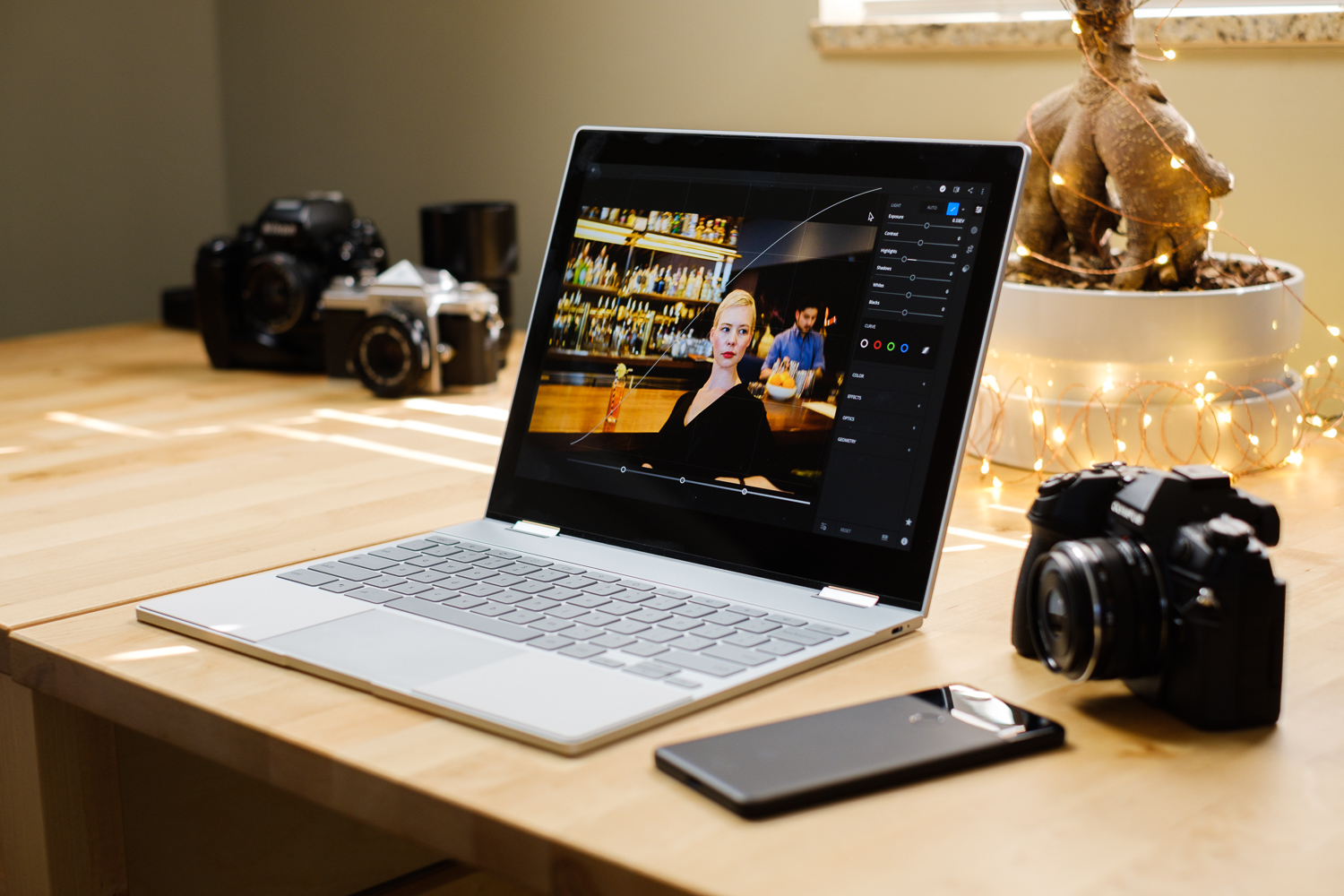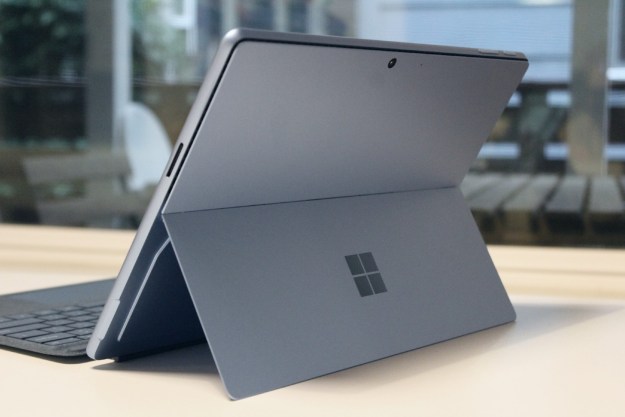
If you don’t want Chrome OS on Google’s Pixelbook, Windows 10 may become a native operating system alternative. Evidence of Windows 10’s eventual support appear in Chrome OS commits and code-reviews listing Microsoft’s Windows Hardware Certification and its Windows Hardware Lab Kit. Both are used to certify devices for Microsoft’s platform.
The news arrives after an AltOS mode appeared in Chrome OS, indicating that Google has plans to support an alternative operating system on Pixelbooks. AltOS appeared in a new branch called Eve-Campfire, with Eve serving as the codename for Google’s Pixelbook. The code indicated that the laptop would eventually allow owners to boot into a different operating system if installed, but there was no indication about a specific platform.
What’s strange about supporting Windows 10 on a Pixelbook is that the device is somewhat anti-Windows. Google set out to create a Windows alternative that heavily relies on web-based apps, meaning there’s nothing on your end to install and consume storage space. Chrome OS is a lightweight operating system that promises speedy performance, high security, and affordable devices.
Since the initial launch of Chrome OS, the platform has matured, supporting Google Play and Android apps, and appearing on high-end machines like Google’s own Pixelbook. But in an age where Intel and AMD are teaming up to produce all-in-one chips and Radeon graphics co-exist with Nvidia GPUs in a single laptop, booting into Windows 10 on a Pixelbook shouldn’t be quite so surprising.
Yet the news is surprising given the rivalry between Google and Microsoft. But the search giant apparently acknowledges Microsoft’s dominance in the PC market even though Google’s Chrome OS commands a large chunk of the educational sector. If you’re likely reading this story on a Windows 10 PC, why not do so via Windows 10 installed on Google’s hardware?
Google is seemingly attempting to cram four worlds into one flagship laptop. In addition to dual-boot support for Windows 10 and Android apps running natively on the device, Chrome OS will support Linux-based apps too starting with the Pixelbook. Technically, Chrome OS and
Google introduced its Pixelbook in October 2017. It’s a “premium” Chromebook packing a 17.3-inch screen with a 2400 x 1600 resolution powered by a seventh-generation Intel Core i5 or i7 processor, depending on the configuration. It also includes up to 16GB of system memory, up to 512GB of storage, and a 41WHr battery promising up to 10 hours on a single charge. The starting price is $999, though Google recently knocked $250 off the price, possibly as a Father’s Day promotion.
We didn’t see any hints of a new Pixelbook during Google’s developer conference in May. But we can picture the next-generation model appearing this fall sporting an updated version of Chrome OS capable of booting into Windows 10. The updated platform may become available during that time for the original Pixelbook too.
Editors' Recommendations
- Scores of people are downgrading back to Windows 10
- Windows 11 might nag you about AI requirements soon
- Microsoft announces a new threat to push people to Windows 11
- Windows 11 vs. Windows 10: finally time to upgrade?
- Windows 11 24H2 or Windows 12? Here’s what’s coming soon


